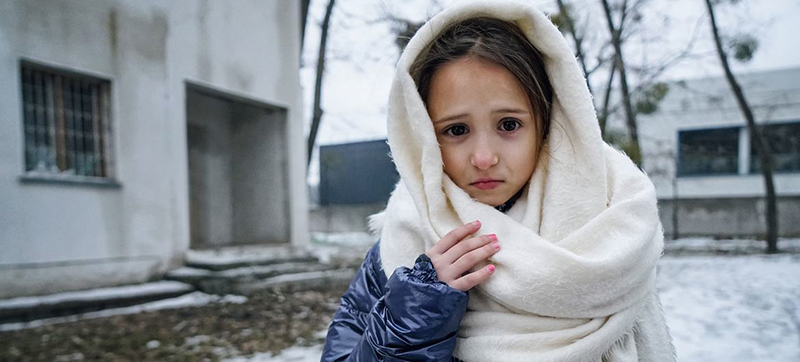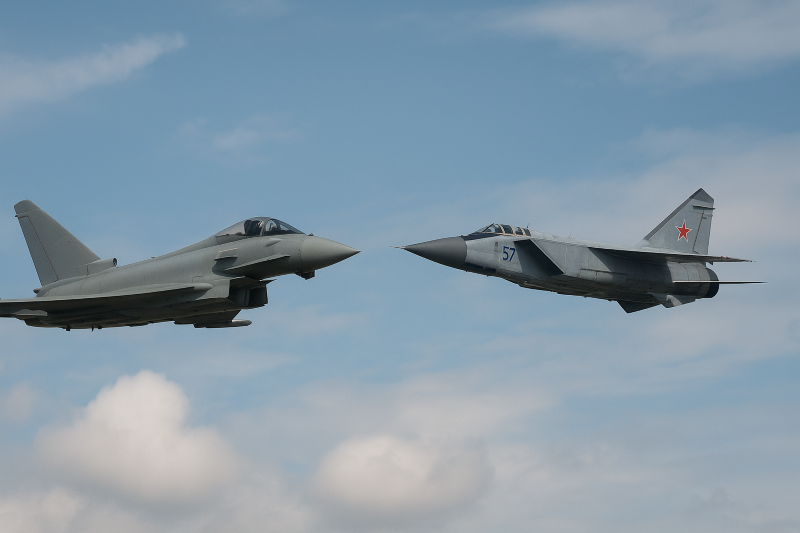UN rights chief deplores Ukraine death toll one year after Russian invasion

New York: As the international community prepared to mark one year since Russia’s invasion of Ukraine, UN rights investigators on Tuesday relayed disturbing testimonies about the high number of civilians killed to date.
Matilda Bogner, Head of the UN Human Rights Monitoring Mission in Ukraine (HRMMU), told journalists in Geneva that the civilian death toll in the southern city of Mariupol – besieged and bombarded by Russian missiles - had been particularly high.
“My colleagues interviewed a former prisoner of war, and he was from Mariupol and he was forced in Mariupol to collect the bodies on the city streets. He told us that Russian soldiers were expected to meet the daily quota of one truck of corpses per day. And that is, as he said, in Mariupol meeting with that quota was not a problem at all.”
Human price
According to latest UN human rights office (OHCHR) data, at least 8,000 non-combatants have been confirmed killed – with nearly 13,300 injured - since the Russian invasion on 24 February last year. The true number is likely to be substantially higher, OHCHR staff have repeated on many occasions.
In a statement deploring the human cost of the conflict, UN High Commissioner for Human Rights Volker Türk said that every day that violations of international human rights and humanitarian law continue, “it becomes harder and harder to find a way forward through mounting suffering and destruction, towards peace”.
Civilians have been killed “in their homes and while simply trying to meet their essential needs, such as collecting water and buying food”, Mr. Türk said. “These included 67-year-old Olha, who was killed in a missile strike just metres from her flat in Kharkiv as she went to buy milk the day after the war began.”
The UN rights chief described how “Serhii, a man in his 60s, choked back tears as he told human rights monitors how he saw his six-year-old granddaughter lose a leg in an artillery attack, when his house in a village near Kherson took a direct hit on 2 April 2022”.
Scale of suffering
These stories mask the true extent of the suffering in Ukraine, Mr. Türk continued, listing hardships that include electricity and water shortages, and the fact that nearly 18 million people are in dire need of humanitarian assistance, with 14 million people displaced from their homes.
According to the UN Human Rights Monitoring Mission in Ukraine (HRMMU), men accounted for 61.1 per cent of confirmed civilian casualties and women 39.9 per cent. At least 487 children were killed and 954 injured.
The rights monitors also found that more than nine in 10 civilian casualties were caused by explosive weapons with “wide area effects”, including artillery shells, cruise and ballistic missiles, and air strikes. Most occurred in populated areas.
The HRMMU team – whose work also includes documenting gross violations of human rights law throughout the past year, such as sexual violence, torture and summary executions - also recorded 632 civilian casualties – 219 killed and 413 injured – caused by mines and explosive remnants of war.
Abuse coming into focus
Asked to describe the type of rights abuses uncovered in Ukraine, chief monitor Matilda Bogner said that more than 100 cases of conflict-related sexual violence had been documented thus far, along with hundreds of cases of enforced disappearances and arbitrary detention.
“These are just the cases that we have been able to document,” she said. “The real scale of these things is yet to be fully understood but our figures show that there are a lot of violations taking place. The information that we collect is useful for international prosecutions, both in terms of showing the patterns of violations that are taking place.”
Disturbing information is continuing to flow in about abuses in Kherson, where residents reported torture and abuse by Russian forces, until they withdrew in November.
“It’s an area that was under Russian occupation, and during that period they were targeting local government officials, they were targeting activists, human rights defenders, people who had views which were pro-Ukrainian,” Ms. Bogner said. “They were detaining them and sometimes enforcedly disappearing them. Some of those people have returned, others have not and remain detained, others remain disappeared. Some of them have since been found dead, unfortunately.”
In Ukraine’s eastern Donbass region, the UN rights monitor reported “significant” civilian casualties. “If you look at explosive weapons, then it’s about 15 per cent of total casualties are those who were in occupied areas and most of that was in Donbass….We have been systematically recording the losses, those injured and those killed on the other side of the front line.”
Children’s lives scarred
Almost one year into the war, the UN Children’s Fund (UNICEF) warned that “not a single aspect of children’s lives” had been spared by the conflict.
“Children in Ukraine have experienced a year of horror,” said UNICEF Executive Director Catherine Russell. “Millions of children are going to sleep cold and scared and waking up hoping for an end to this brutal war. Children have been killed and injured, and many have lost parents and siblings, their homes, schools and playgrounds. No child should ever have to bear that kind of suffering.”
According to UNICEF, the percentage of children living in poverty has almost doubled from 43 per cent to 82 per cent. The situation is especially acute for the 5.9 million people who are currently displaced within Ukraine.
“The war is also having a devastating impact on the mental health and well-being of children,” the UN agency continued. “An estimated 1.5 million children are at risk of depression, anxiety, post-traumatic stress disorder and other mental health issues, with potential long-term effects and implications.”
Kherson attack condemned
Meanwhile, humanitarians in Ukraine have condemned an attack in the centre of Kherson on Wednesday, UN Spokesperson Stéphane Dujarric told journalists in New York.
"They note that this is another example of the violations against civilians that have been going on since the start of this conflict," he said.
The strike hit a busy street in the port city, according to humanitarian partners on the ground. Local authorities reported that at least six civilians were killed and another 16 injured, most of whom were standing at a bus stop.



